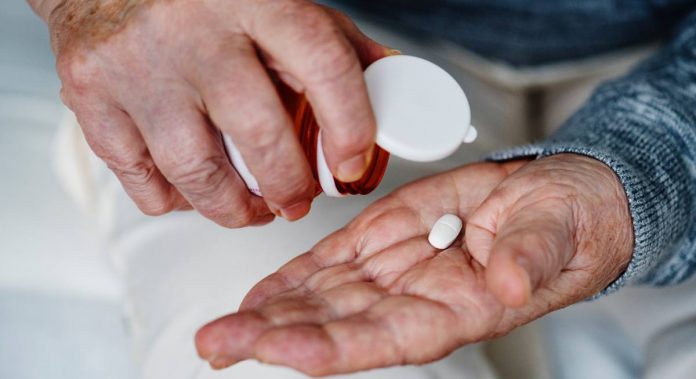Additional information has come to light suggesting medicinal cannabis could be a useful tool in addressing the scourge of benzodiazepine abuse.
Benzodiazepines are a group of drugs commonly prescribed for treating pain, anxiety, panic attacks, seizures and sleep disorders. Benzodiazepines include well- known names such as Valium (diazepam) and Ativan (lorazepam).
While there’s no doubt benzodiazepines have their place, these drugs also have a dark side – the potential for dependence. Benzodiazepine withdrawal can be particularly brutal and is similar to alcohol withdrawal symptoms. In some severe cases, patients can take seizures if cessation is sudden – even if they have no prior history of seizures.
University of Michigan researchers recently surveyed more than 1,300 registered medical cannabis patients in the state and found 22 percent had substituted benzodiazepines with cannabis for treating chronic pain. Patients cited fewer side effects and better symptom management as their reasoning for doing so. The researchers’ findings have been published in Journal of Pain.
Side note: the researchers also found 62.2 percent of medical cannabis license holders in the state indicated that they were seeking treatment for chronic pain.
This isn’t the first study to link medicinal cannabis use with a reduction in benzodiazepine consumption. Back in 2017 we reported on an observational study where it was reported 40 per cent of patients prescribed medical cannabis to treat pain and anxiety ceased benzodiazepine use within 90 days.
The full report from that study was recently published in the journal Cannabis and Cannabinoid Research and provides more detail. 30.1% of patients had discontinued benzodiazepines after completing an average 2-month prescription of medical cannabis. After a second prescription, the results were even better – 44.5% had ceased benzodiazepine use.
The findings are very important as benzodiazepines are widely prescribed and as we mentioned in 2017, many overdose deaths occur. According to the National Institute on Drug Abuse, drug overdose deaths involving benzodiazepines jumped from 1,135 in 1999 to 11,537 in 2017.
On a related note, another recently published study out of the University of Michigan confirmed patients ceasing or reducing the use of a range of conventional pharmaceuticals in preference for medical marijuana.


